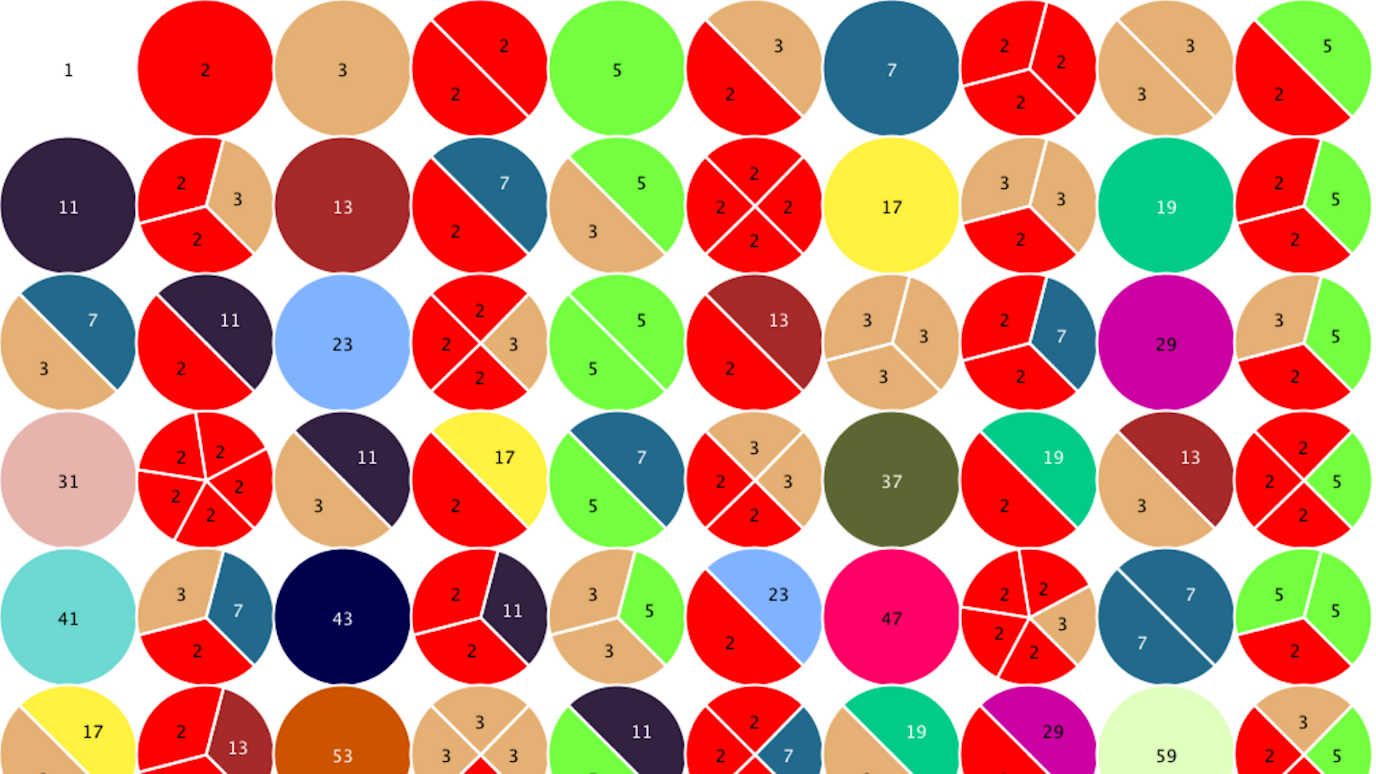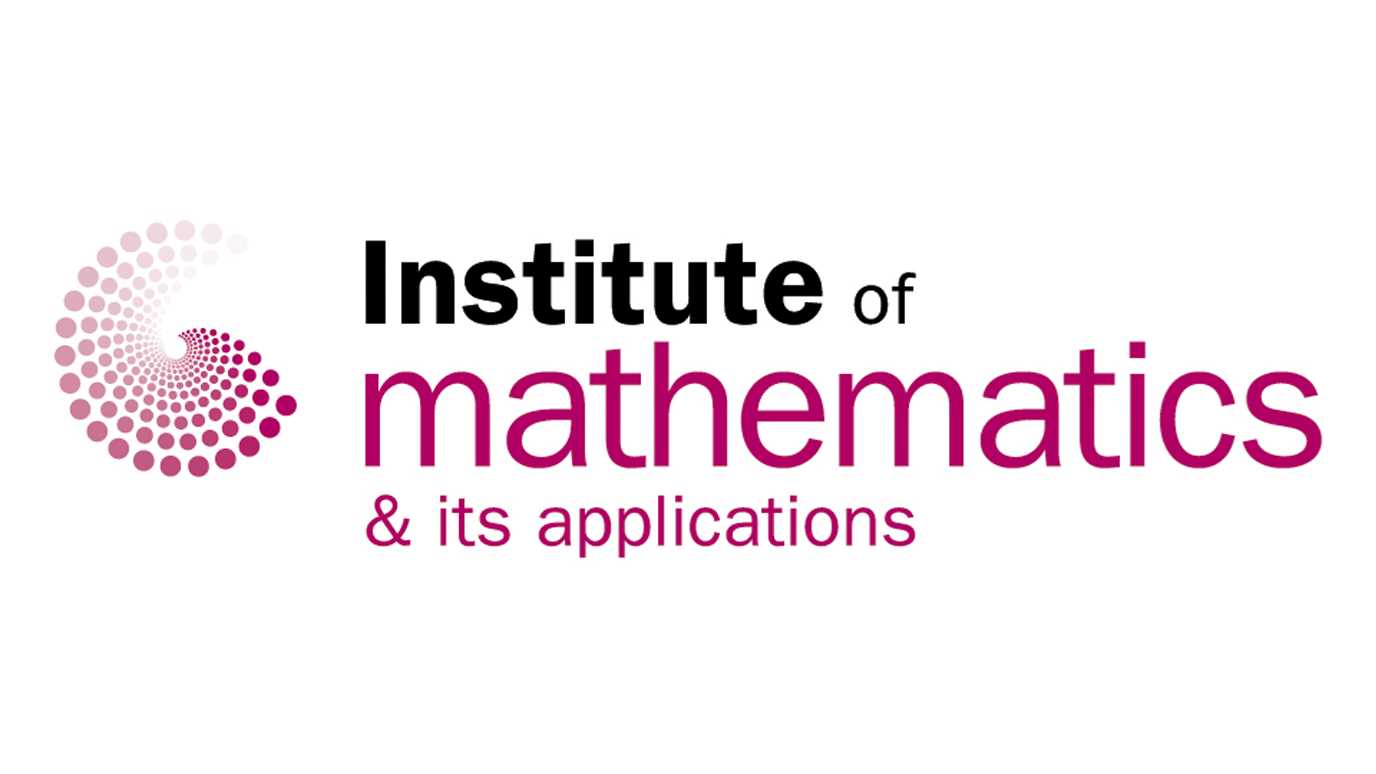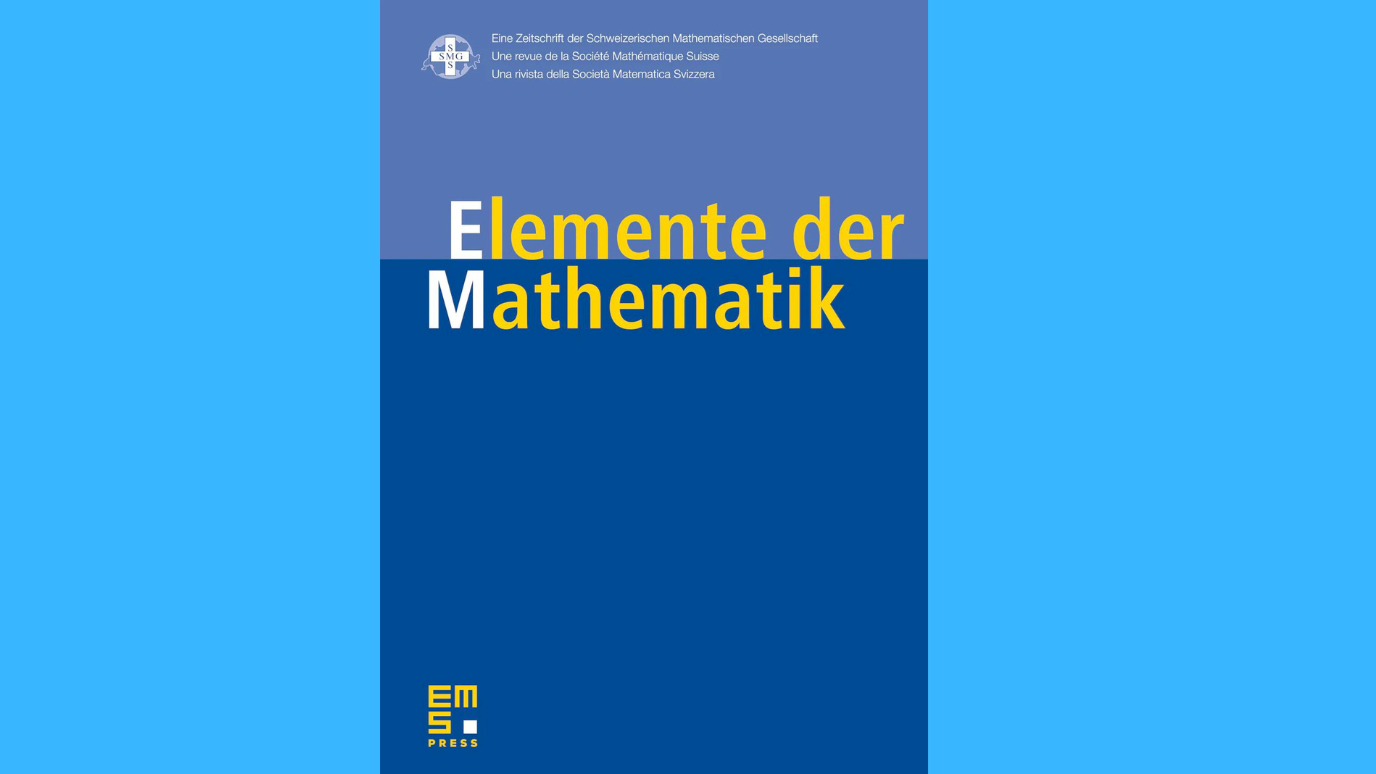Prof. Martin Widmer and Prof. Christopher Frei (TU Graz) published a paper in the Mathematische Annalen shedding new light on an important conjecture in number theory.

Prime Factorization
One of the fundamental results in mathematics is that every non-zero integer can be uniquely written as a product of prime numbers, e.g., 2021=43 x 47.
What if we look at Z[√2] (the smallest set of real numbers closed under addition and multiplication which contains Z and √2)? Do we still have something like “prime numbers”, and can each non-zero number be factored in a unique way into a product of primes? The answer is "yes". To give an example, the prime factorisation of 1-9 √2 is (3+√2) x (3-4√2).
What about Z[√-5]? Here unique prime factorisation fails. Indeed, 6 can be written as 2 x 3 and as (1+√-5) x (1-√-5), and none of these four factors can be decomposed further.
The class group of a number field is an abelian group that measures by how much (and how) the uniqueness of the prime factorisation fails, e.g., it is trivial, if and only if the corresponding ring of integers has a unique prime factorisation. As expected, the class group of the number field Q(√2) is trivial since its ring of integers Z[√2] has a unique prime factorisation.
But the class group of Q(√-5) is not trivial since its ring of integers Z[√-5] fails to have a unique prime factorisation.
The famous mathematician Carl Friedrich Gauß conjectured in 1801 that there are infinitely many quadratic number fields Q(√n) with trivial class group but this is still open.
One can determine the class group by quantifying all its l-torsion subgroups. A special case of the l-torsion conjecture says that if we fix l then apart from finitely many exceptions the l-torsion subgroup of the class group of Q(√n) is “tiny” in comparison to the modulus of n. This conjecture lies at the heart of various deep problems in number theory but seems out of reach with current methods, even when assuming the Generalised Riemann Hypothesis.
There is a classical upper bound for the entire class group, namely (essentially) |n|1/2, and this gives a trivial upper bound for the l-torsion subgroup. Any improvement of the trivial exponent 1/2 would be a big success; so far this has been achieved only for the primes l=2,3. Fortunately, for some interesting applications all we need to know is that the trivial exponent 1/2 can be improved for most (in a precise sense) quadratic fields. Breakthroughs by Jordan Ellenberg, Lillian Pierce, Caroline Turnage-Butterbaugh, Akshay Venkatesh, and Melanie Wood opened the door to tackle this problem. A crucial ingredient is Ellenberg and Venkatesh’s “Key-Lemma” which provides a non-trivial exponent under suitable conditions.
Martin Widmer and his co-author Christopher Frei (TU Graz) have recently refined this Key-Lemma, using a family of new field invariants and proving that these field invariants have fairly nice properties. This allowed them to improve the bounds for the average of the l-torsion part of the class group of quadratic number fields, and similarly for cubic, quartic and quintic number fields. As a direct consequence they get the best upper bounds for the number of dihedral extensions of fixed degree and bounded discriminant (a result motivated by Malle’s conjecture). Using machinery developed by Rainer Dietmann (also a number theorist at Royal Holloway) they have also been able to apply their strategy to many other families of number fields.
Their work is published in Mathematische Annalen.


























